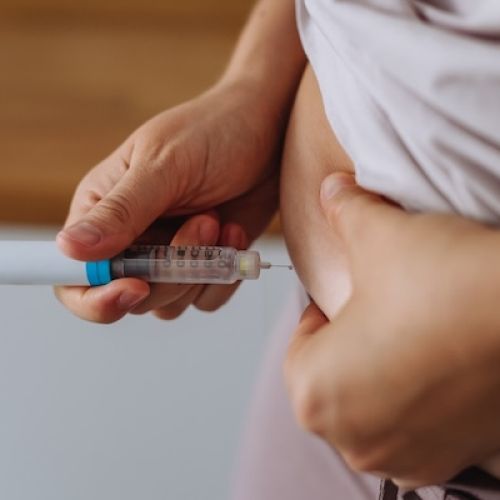How to Maintain Male Reproductive Health

When men think about their overall health, they may give very little thought to how to maintain male reproductive health. If fertility problems happen at some point in family life, it’s not uncommon for people to think of it as a problem with female reproductive health. However, like women, men should be proactive about their reproductive health.
There are things men can do to increase their chances of producing healthy sperm. The experts at the California Center for Reproductive Health help both women and men work on being more forward-thinking about their reproductive health. So, what do men need to do to achieve and maintain optimal reproductive health?
Make Healthy Lifestyle Choices
Lifestyle choices can impact every system in the body, including the male reproductive system. Small daily choices that seem to have minimal effect on overall health may impact reproductive health in the long run.
Men should work on getting to a healthy body weight, and once there, work on maintaining it. Some research indicates that having a high body mass index (BMI) can affect the production of sperm. Physical activity can have a positive impact on sperm production, so men should make an effort to make regular physical activity a habit.
In a rushed society, many men grab fast food on the run more often than they should. For good reproductive health, men need to be sure their diet includes nutritious choices such as protein from lean meats, vegetables, and fruits, whole grains, and low-fat dairy. Processed food and caffeine should be limited.
Stress is harmful to overall health, and when not managed properly, it can affect hormones and sexual functioning. Men need to be proactive about learning stress management techniques, which include getting on a regular sleep schedule.
Chemicals can be harmful to male reproductive health. Men who smoke may have lower sperm count and poorer sperm quality not to mention the impact smoking can have on their overall health. For these reasons, men who smoke need to commit to quitting. Consumption of alcohol and other substances should also be limited.
Men who don’t consume enough water may be dehydrated, and that can lead to a lower volume of semen and lower sperm quality. It’s important to drink plenty of water to help flush toxins from the body.
Prevent Sexually Transmitted Infections (STIs)
Men who contract an STI such as gonorrhea or chlamydia are at a higher risk of infertility. To help prevent contracting STIs, it’s a good idea for men to commit to a monogamous relationship with a partner who isn’t infected. Men who aren’t in a committed relationship should limit the number of partners they have, and always wear a condom.
Having a physical at least annually allows a man’s doctor to screen for abnormalities and take action right away if there are any concerns or anything that needs to be remedied. Men who have made poor choices in the past about sexual activity or lifestyle choices can work on getting healthier so that they can make better choices going forward.
There are some factors that can’t be controlled, but men should do what they can to help their reproductive system be as healthy as possible. Get in touch with the experts at the Center for Reproductive Health today to learn more about maintaining good male reproductive health.




